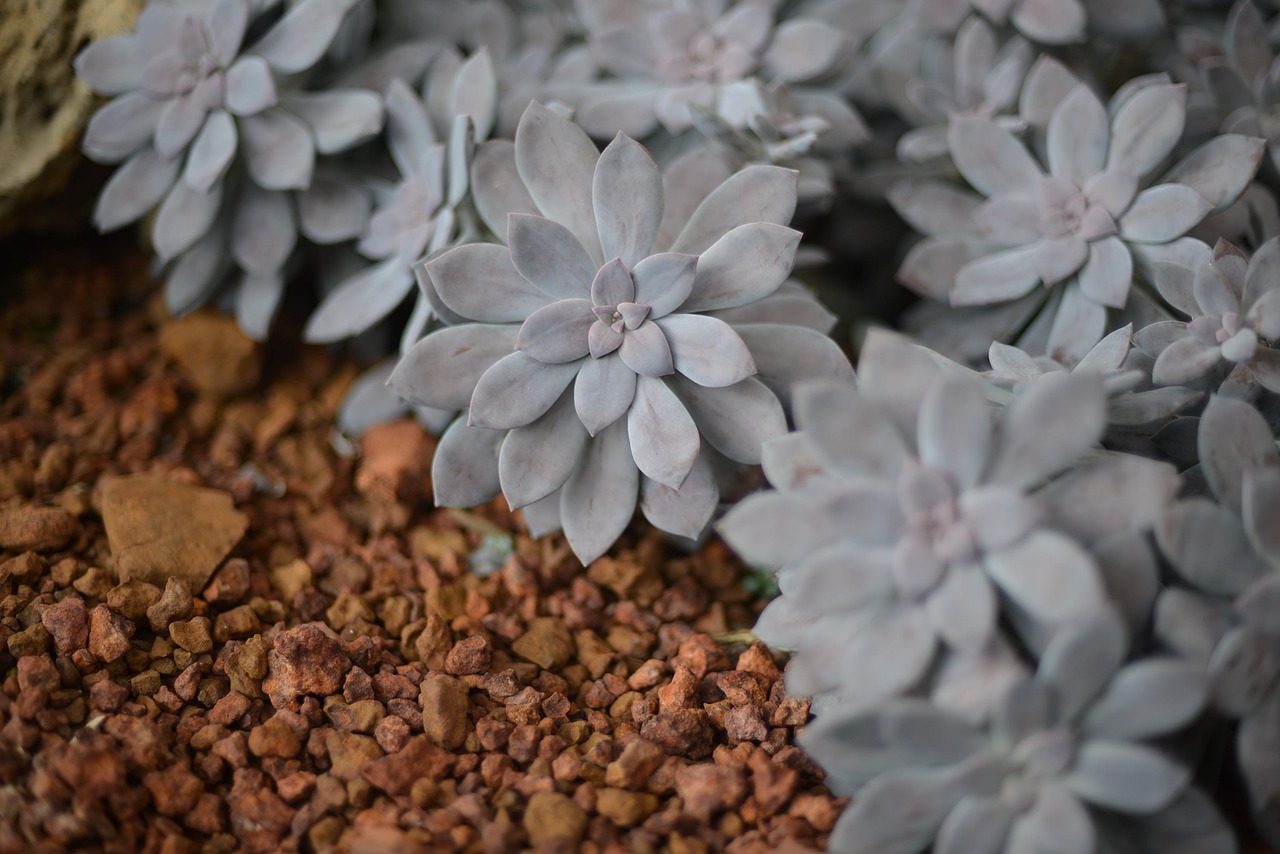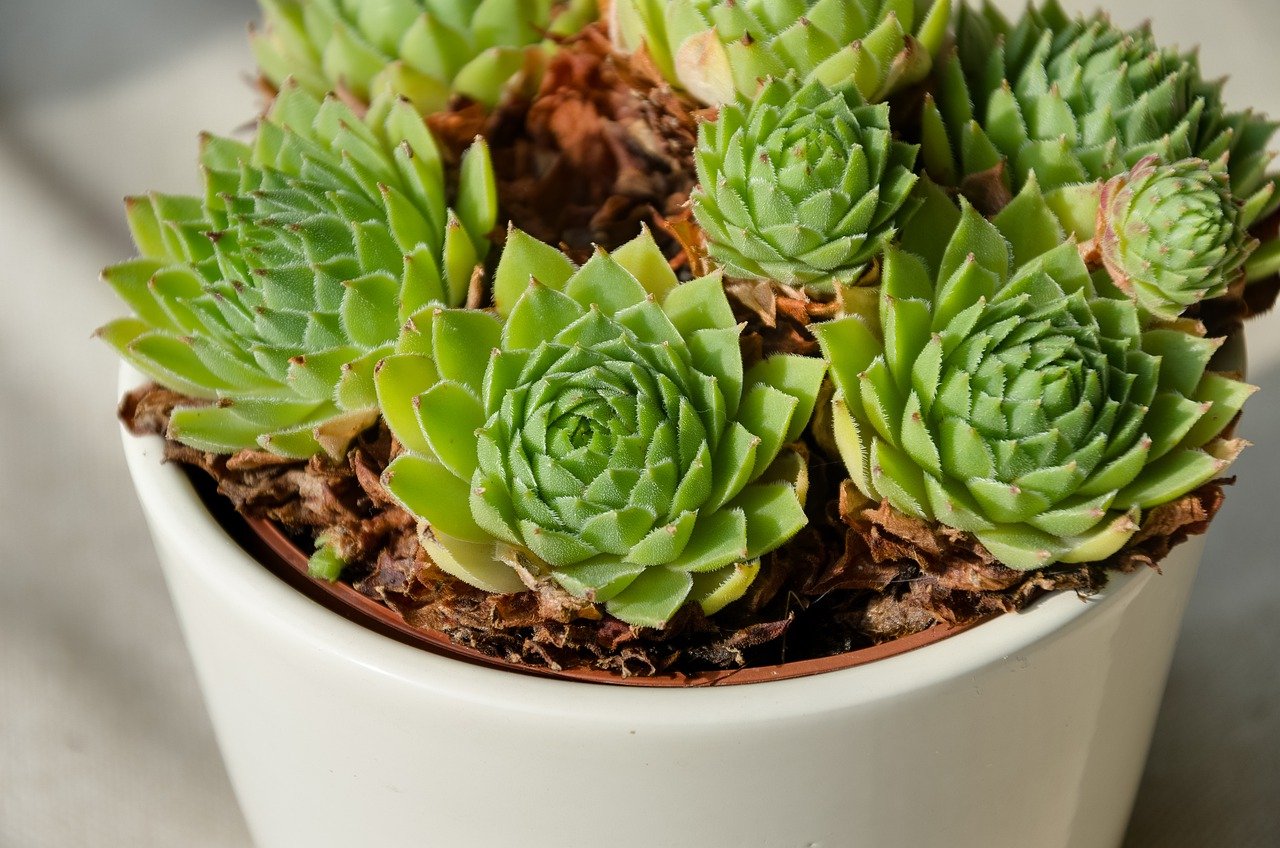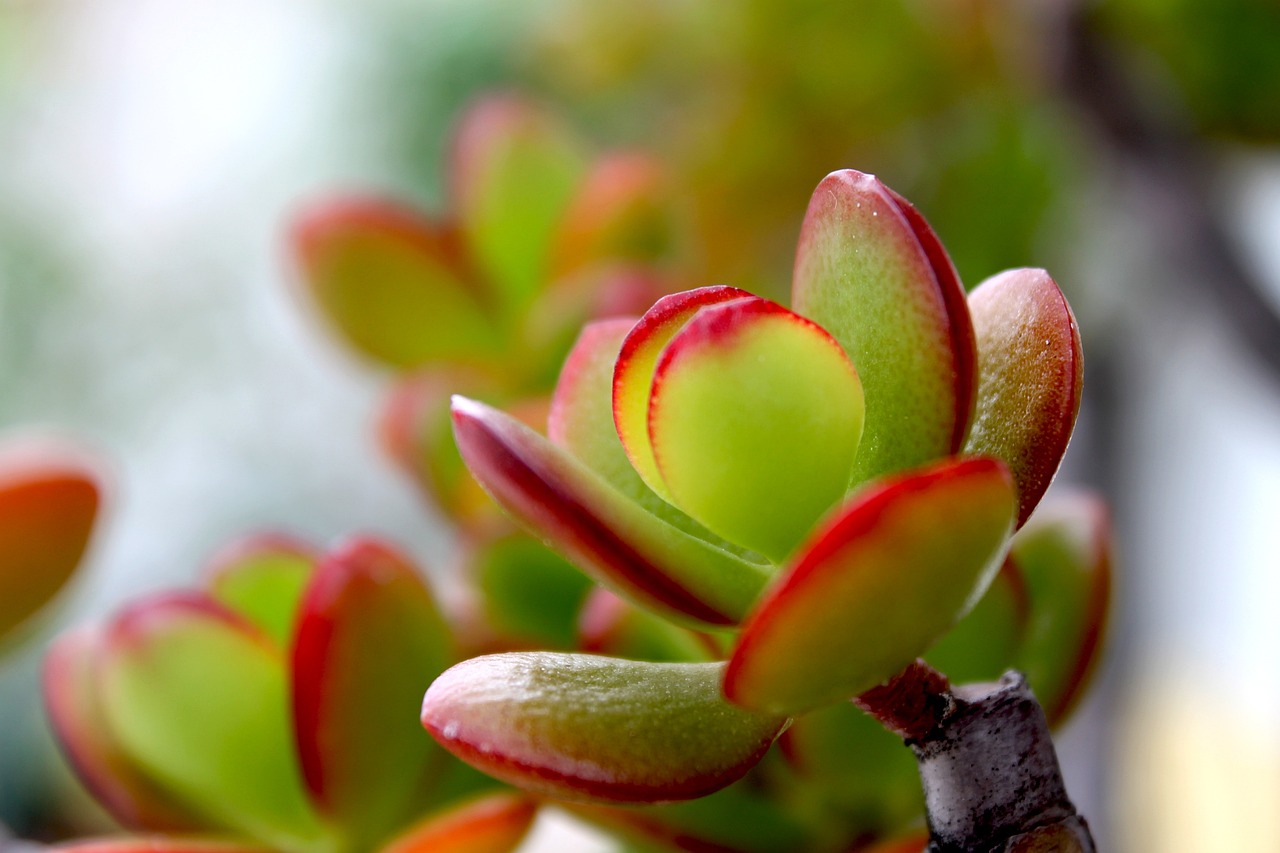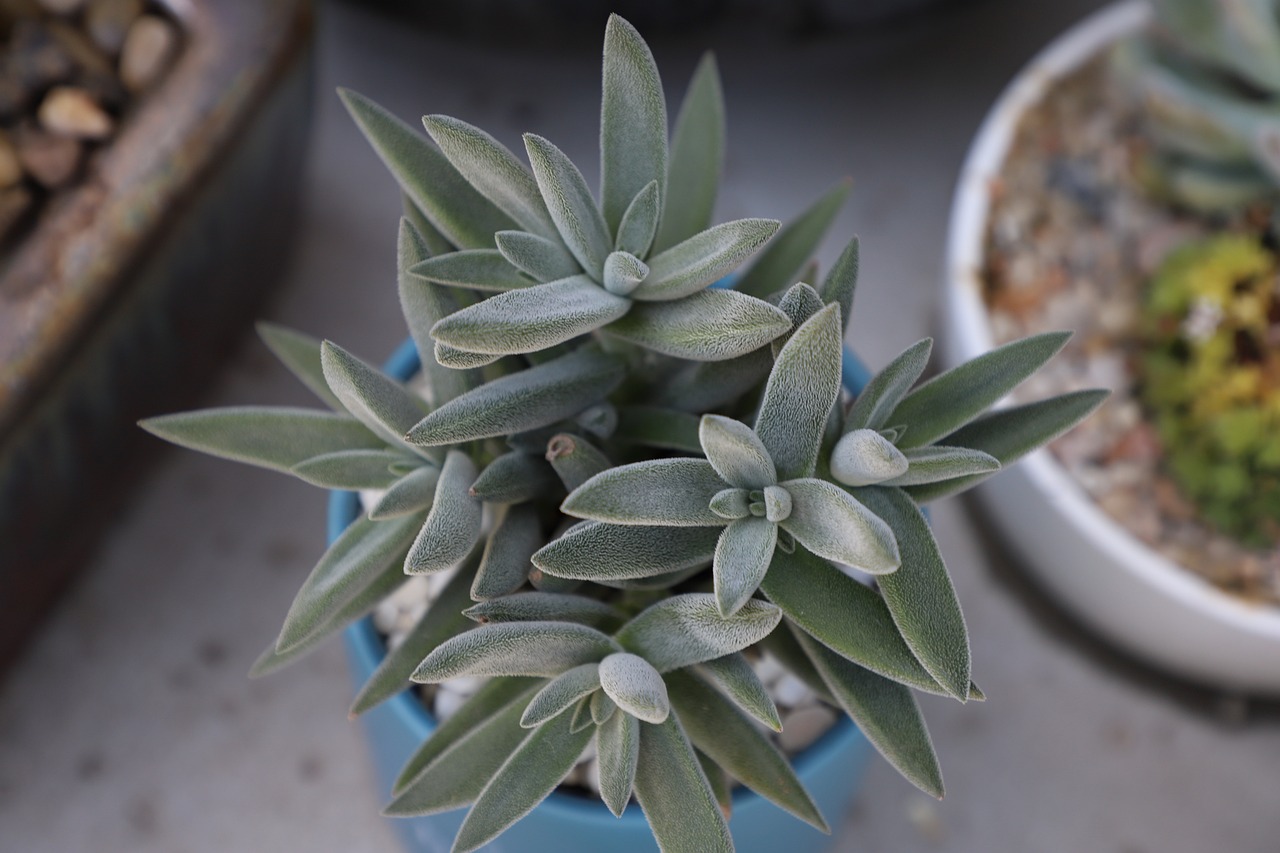Siebold’s Stonecrop | Features and Care
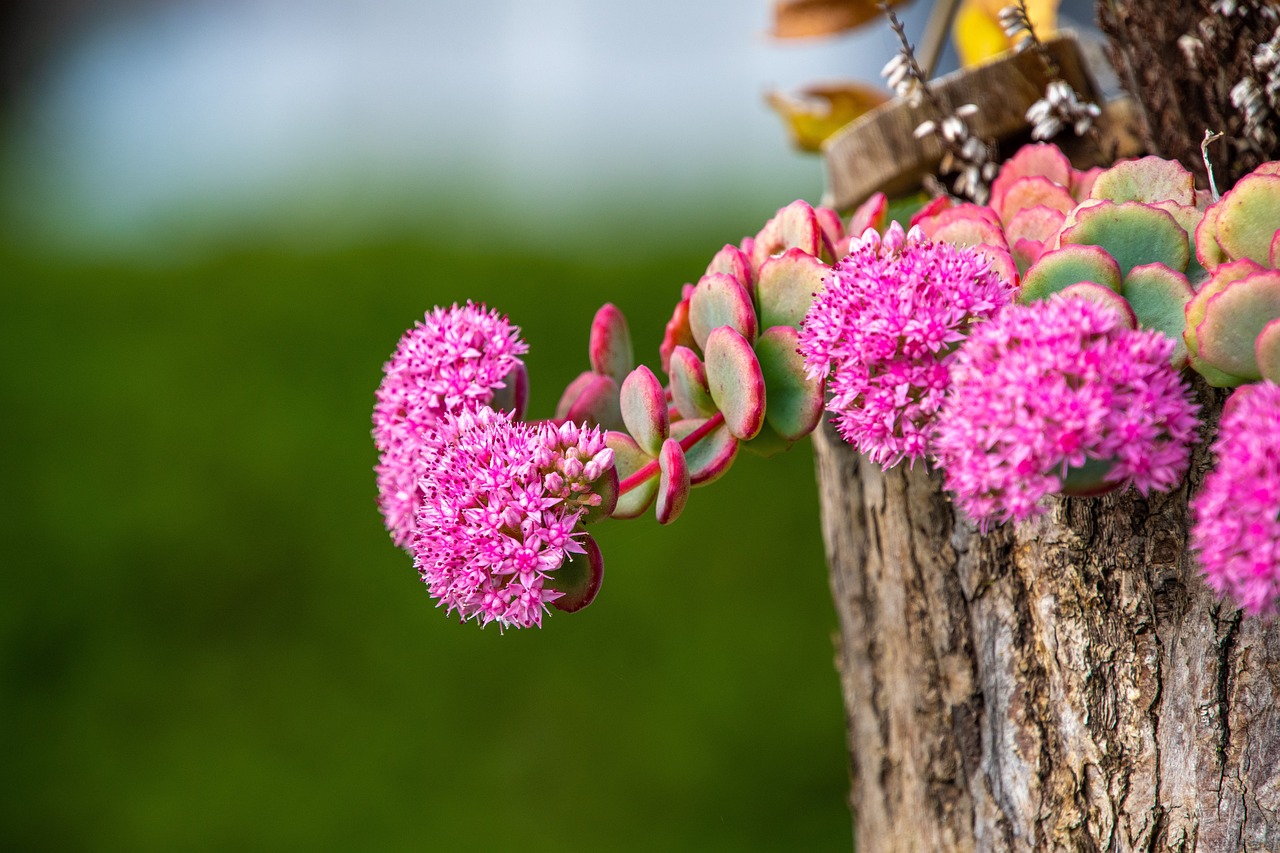
Siebold’s Stonecrop is a perennial succulent plant with charming pink flowers and rounded, fleshy leaves. Native to Japan, its name reflects its Japanese origin and beauty. Known for its hardiness and ease of cultivation, it is a popular choice for gardens, pots, and rock gardens.
This article explores the basic information, cultural and historical significance, and cultivation tips for Siebold’s Stonecrop.
Basic Information
- Scientific Name: Hylotelephium sieboldii
- Family: Crassulaceae
- Origin: Japan
- Appearance: Siebold’s Stonecrop grows to a height of 10–20 cm, with stems that spread along the ground. Its round, fleshy green leaves turn red or orange in the autumn, adding seasonal interest. The pink, star-shaped flowers bloom in clusters, creating a striking visual effect during the flowering season.
- Blooming Season: September–October (Autumn)
Cultural Significance Around the World
Siebold’s Stonecrop is native to Japan and an integral part of traditional Japanese garden design. It is especially valued in dry landscape gardens and rock gardens, where it enhances seasonal aesthetics. Its autumnal foliage and blossoms make it a symbol of the season in Japan.
Internationally, it is popular among gardeners in Europe and North America. It is often used in rock gardens and alpine gardens, admired for its resilience and unique appearance.
Historical Episodes
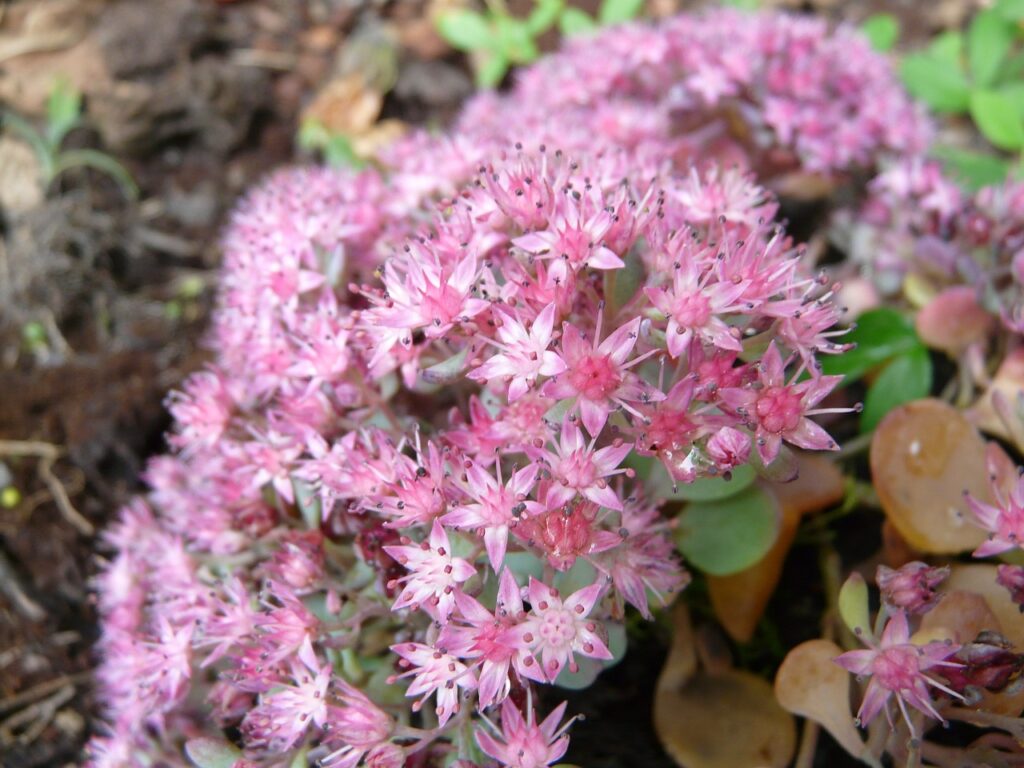
Siebold’s Stonecrop has been cultivated as an ornamental plant in Japan since the Edo period. Its name in Japanese, derived from “misebaya,” means “so beautiful you want to show it off.”
The scientific name, Hylotelephium sieboldii, honors Philipp Franz von Siebold, a German botanist who introduced many Japanese plants to Europe in the 19th century. Siebold’s Stonecrop gained recognition as a distinctive plant symbolizing Japanese horticulture and remains a feature in botanical gardens worldwide.
Gardening Advice
Siebold’s Stonecrop is hardy and easy to grow, but proper care ensures its full beauty. Here are some tips:
Light
Prefers sunny spots but can tolerate partial shade. Adequate sunlight enhances its color and blooms.
Watering
As a succulent, it is drought-tolerant. Water sparingly, only after the soil is completely dry. Overwatering can cause root rot.
Soil
Requires well-draining soil. Use succulent soil mix or sandy soil blended with organic matter like leaf mold.
Fertilizer
Apply diluted liquid fertilizer once a month during spring and early summer. Avoid fertilizing in autumn and winter.
Pruning
Trim spent flowers and old stems after blooming to maintain its shape and encourage new growth.
Wintering
Hardy to cold, but in severe winters, consider moving potted plants indoors or applying mulch for protection.
Conclusion
Siebold’s Stonecrop, with its delicate blooms and colorful foliage, is a delightful addition to autumn gardens.
Whether in a pot, garden, or rock arrangement, Siebold’s Stonecrop offers seasonal beauty with minimal maintenance.

